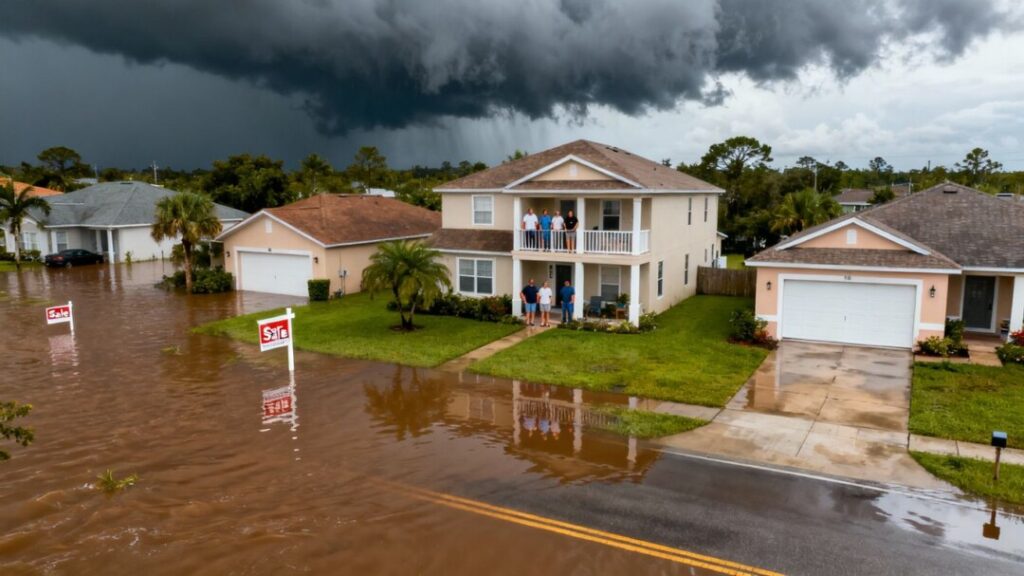A government shutdown is sending shockwaves through Florida’s real estate market, with the suspension of the National Flood Insurance Program (NFIP) putting thousands of pending home sales in jeopardy. As uncertainty lingers, industry experts warn of both immediate disruptions and longer-term consequences for homeowners and buyers across the state.
Key Takeaways
- Suspension of the NFIP during the government shutdown halts new and renewal flood insurance policies.
- Florida, home to nearly 20% of the nation’s flood insurance policies, faces outsized impacts.
- Pending home sales, especially in flood-prone areas, risk delays or cancellations.
- Private flood insurance options exist, but come with higher costs and limited availability.
- Federal housing programs and affordable housing projects are also experiencing delays.
Shutdown Freezes National Flood Insurance Program
With the government unable to authorize new or renewed NFIP flood insurance policies, Floridians face a critical roadblock. Mortgage lenders typically require flood insurance for homes in designated flood zones, particularly in a state exposed to frequent storms and rising sea levels. The current lapse threatens to stall as many as 1,300 closings per day nationwide, with Florida seeing the sharpest pinch.
Existing NFIP policies remain valid until their scheduled expiration. If a renewal payment was already submitted before the lapse, coverage continues for a 30-day grace period. However, anyone needing new coverage or whose renewal was not processed before the shutdown must wait for congressional action—potentially losing protection or missing closing deadlines.
Housing Market Faces Delays and Uncertainty
Florida’s property market was already dealing with tight inventory and escalating prices. Now, more than 28,000 pending single-family home transactions in Florida could be delayed as buyers await insurance that might not be available. A median-priced home in the state is above $400,000, and many buyers find themselves in limbo, unsure if they can proceed.
While some buyers can turn to private flood insurers, high premiums and patchy coverage make this a costly alternative. Not all properties, especially those in high-risk zones, are eligible for private options, and costs can quickly outstrip those of federally-backed insurance.
Federal Housing Services and Assistance Delayed
The shutdown’s effects extend beyond flood insurance. Federal agencies like the Department of Housing and Urban Development (HUD) and the Small Business Administration have scaled back or suspended several programs.
Affordable housing projects funded or regulated by HUD are facing work stoppages, causing uncertainty for both nonprofit organizations and families waiting for assisted housing. Meanwhile, some government-backed loans and support programs—including rural and veterans housing loans—may face processing delays, compounding the challenges for buyers and sellers alike.
What Comes Next?
Real estate professionals are urging their clients not to panic, but to remain flexible as Congress works toward a resolution. If the shutdown is prolonged, buyers and sellers may need to explore creative solutions such as private insurance or assignments of existing policies.
For now, the situation remains fluid. Realtors, lenders, and nonprofits across Florida are keeping a close watch—hoping for quick action to keep the state’s real estate engine running.
Sources
- Shutdown freezes new federal flood coverage for Florida homes, Miami Herald.
- Government shutdown threatens thousands of Florida home sales, HousingWire.
- Buyers Could Face Delays During Shutdown, | Florida Realtors.
- Government shutdown impacts Central Florida nonprofit, Spectrum News 13.


